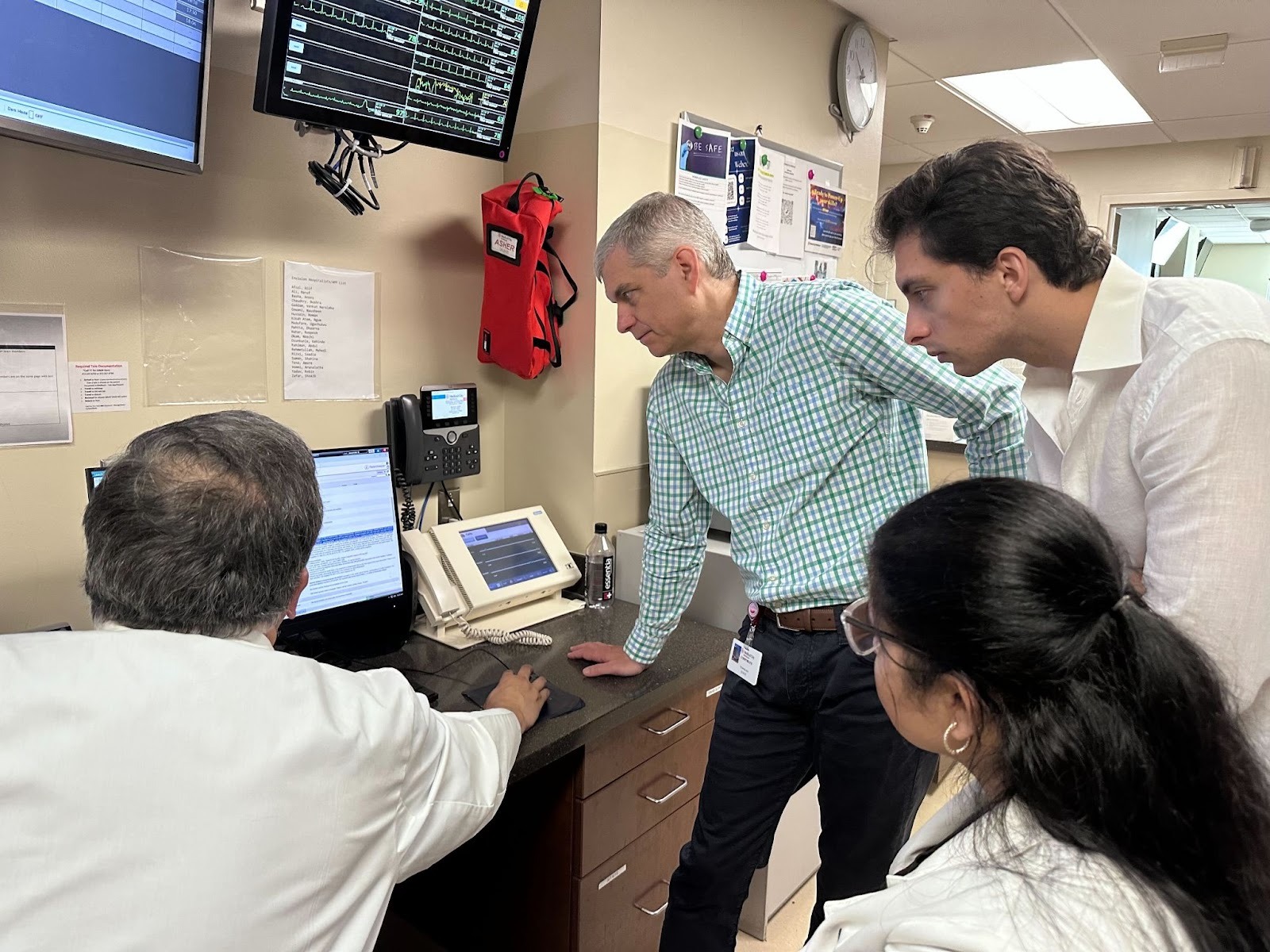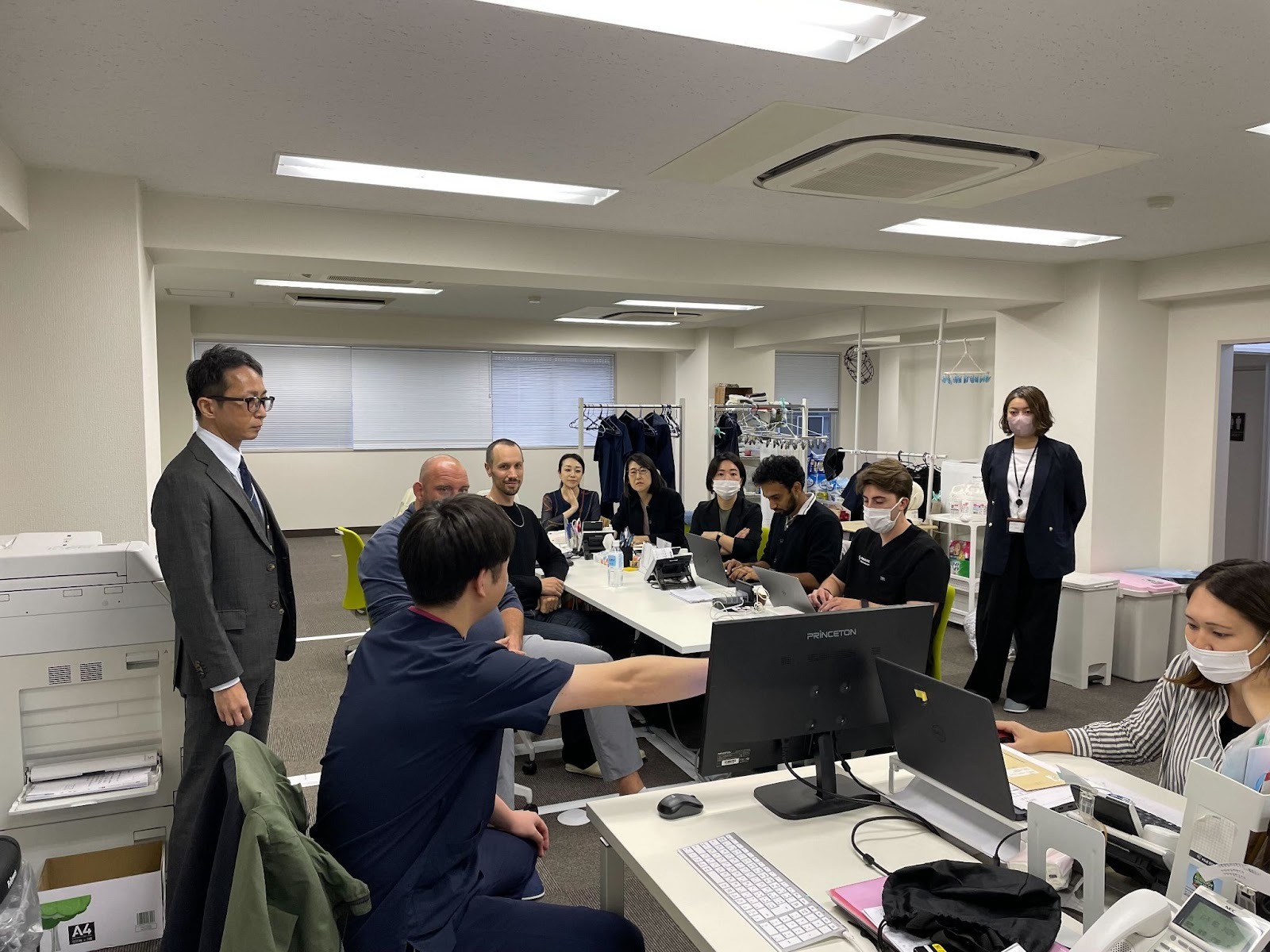Tens of thousands of patients undergo surgical procedures every day in the United States. Successful outcomes depend on both a well-executed surgery as well as the ability of the patient to follow a post-operative care plan at home. Even with thorough discharge instructions and after-visit summaries, key details often get lost in the transition from hospital to home. One survey found 66% of patients leave their appointments without asking important questions, leading to confusion, complications, or missed steps in recovery.
The reality of healing at home often brings unexpected challenges including new medications and unexpected symptoms that can overwhelm even those familiar with the process.
But that’s starting to change. AI is helping patients navigate recovery more confidently while giving care teams new ways to extend support beyond the hospital stay.
The Challenges of Post-Surgery Care Management
Surgery may be the turning point in a patient’s treatment, but what happens afterward often presents its own set of complications. Without steady support, the following challenges can slow progress and increase the risk of complications.
Managing Medications
Medication management after surgery is rarely straightforward. While prescriptions are a standard part of most recovery plans, following them precisely requires more effort than many realize. Instructions can be complex, especially when they involve multiple drugs with different timing, dosages, and side effect profiles.
Roughly half of patients are prescribed medications after surgery, but adherence isn't just a matter of remembering. Some struggle to get to the pharmacy. Others second-guess whether a symptom is normal or cause for concern. And when confusion sets in, it’s not always clear where to turn for answers.
Missed or mismanaged medications can delay healing, trigger avoidable complications, and undermine the hard work of the surgical team. For something as routine as a prescription, the margin for error is surprisingly thin.
Communication Gaps
Clear, timely communication is one of the most important factors in post-surgical recovery. Patients often leave the hospital with lingering questions, unsure of what symptoms to expect or when to ask for help.
The consequences of this disconnect are well-documented. A multi-study analysis found that patients who received thorough education before abdominal surgery had fewer complications, shorter hospital stays, and better psychological outcomes. When patients understand what’s ahead, they’re more prepared to manage it.
Transportation and Accessibility
Mobility challenges are common after surgery, which makes access to transportation a critical part of recovery. Follow-up visits, physical therapy, and prescription pickups all require patients to leave home, often before they feel ready.
Yet for many, getting there isn’t simple. An estimated 3.6 million Americans miss medical care each year because they don’t have reliable transportation. That barrier is even more pronounced for patients recovering from surgery, especially those living in rural areas or managing care on their own.
Unexpected Symptoms or Side Effects
No matter how well providers prepare patients for recovery, surprises are almost inevitable. New symptoms can appear without warning, and even common side effects can feel alarming when they happen at home.
Take nausea for example. One study found that 20 to 40 percent of patients experience nausea or vomiting after surgery. For someone recovering alone, that can feel like a serious setback, and without clear guidance, it may prompt a return to the hospital that could have been avoided.
How Conversational AI Can Support Postsurgical Patients
Conversational AI is emerging as a practical way to reduce friction in the recovery process. By helping care teams deliver timely, personalized support, these tools can improve how patients recover after surgery. From reinforcing medication plans to spotting potential risks, here are a few ways AI-driven platforms are making recovery more manageable for everyone involved.
Supports Medication Adherence
Patients who don’t clearly understand their instructions are less likely to follow them. Phone check-ins aren’t scalable, and many patients fall through the cracks.
Conversational AI helps close that gap. These tools remind patients when to take medications, explain how each one fits into their recovery, and respond to common questions about treatment. They also check whether doses were taken and ask patients to share reasons if they weren’t. That information is recorded in a clinician-facing dashboard, giving care teams a clearer picture of who may need follow-up and why.
Answers Common Recovery Questions
After surgery, it’s normal for patients to have questions about symptoms, side effects, and when something might signal a more serious issue. But with limited access to providers, many end up calling or showing up in person for reassurance.
Messaging tools have tried to help, but often just shift the burden. Inboxes fill up, response times slow down, and clinicians lose time they don’t have.
Conversational AI offers a more scalable option. By using natural language processing to understand patient concerns, these tools can deliver accurate answers based on clinical guidance.
Surfaces Barriers to Recovery
Recovery plans often assume patients can access what they need; a ride to the pharmacy, a stable place to rest, or the means to follow up. But that’s not always the case. Challenges tied to social determinants of health, like housing, food security, or transportation, can easily disrupt care.
The American College of Surgeons emphasizes the importance of identifying these risks early. Conversational AI makes that possible by prompting patients to share obstacles they’re facing. That information is logged for care teams and can trigger tailored support, like transportation help or financial resources, to keep recovery on track.
Routes Urgent Issues to the Right Provider
Most patient questions after surgery are routine, but some signal something more serious. In a hospital, a nurse or doctor is just steps away. At home, patients often don’t know who to contact, or whether they need to.
Conversational AI helps make sure nothing serious gets overlooked. When a patient flags a concern, the system can detect urgency and alert the right provider to step in. It also makes it easier to coordinate across specialties, so the patient gets the right support without unnecessary delays or missed signals.
Bringing Recovery Into Reach
The days and weeks after surgery are just as critical as the procedure itself. With the right digital tools, health systems can give patients the support they need to recover safely, ask better questions, and avoid preventable setbacks.
Commure Engage makes this kind of support possible. Built with clinical input and proven in the field, it helps care teams extend their reach without adding more to their workload.



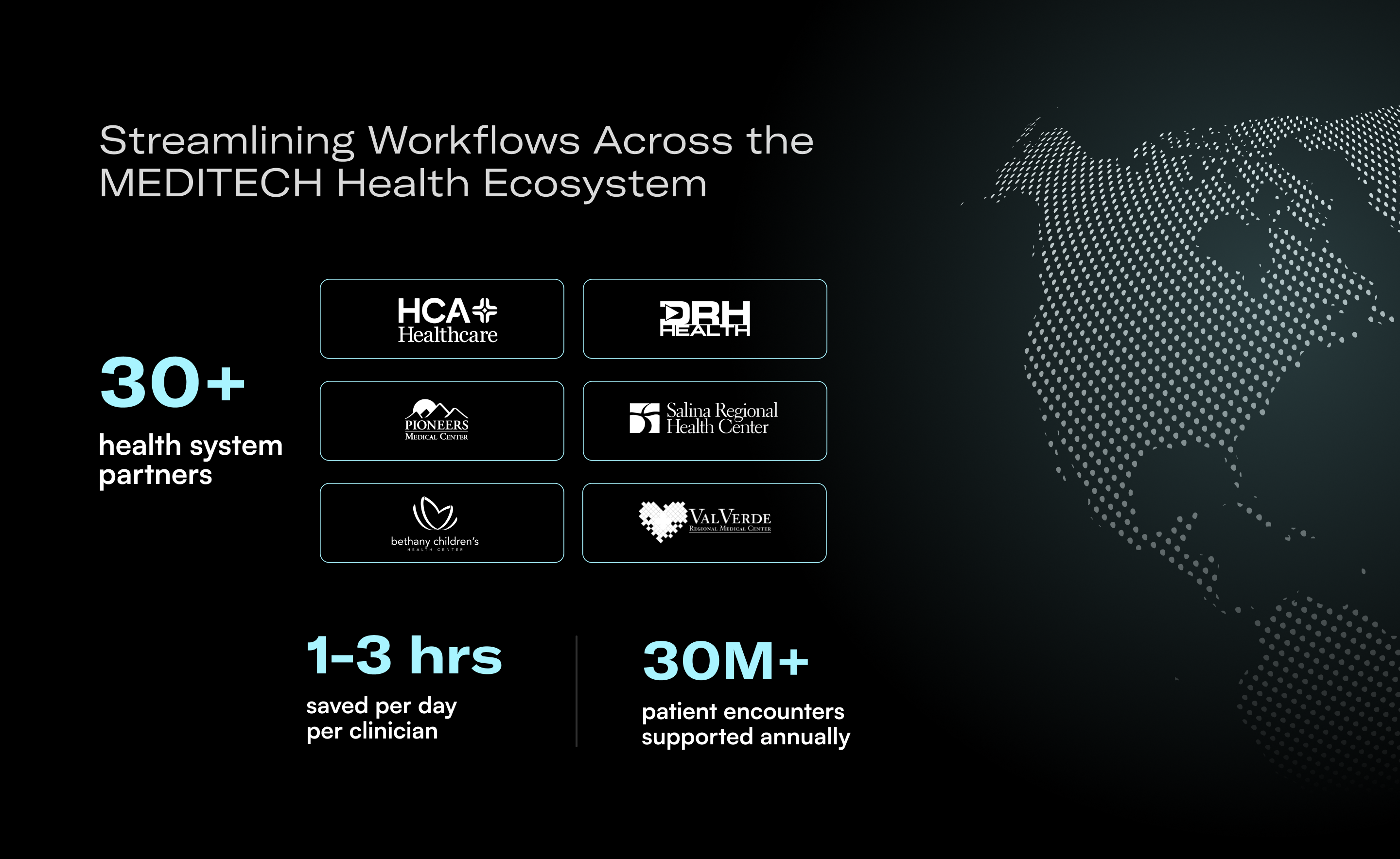


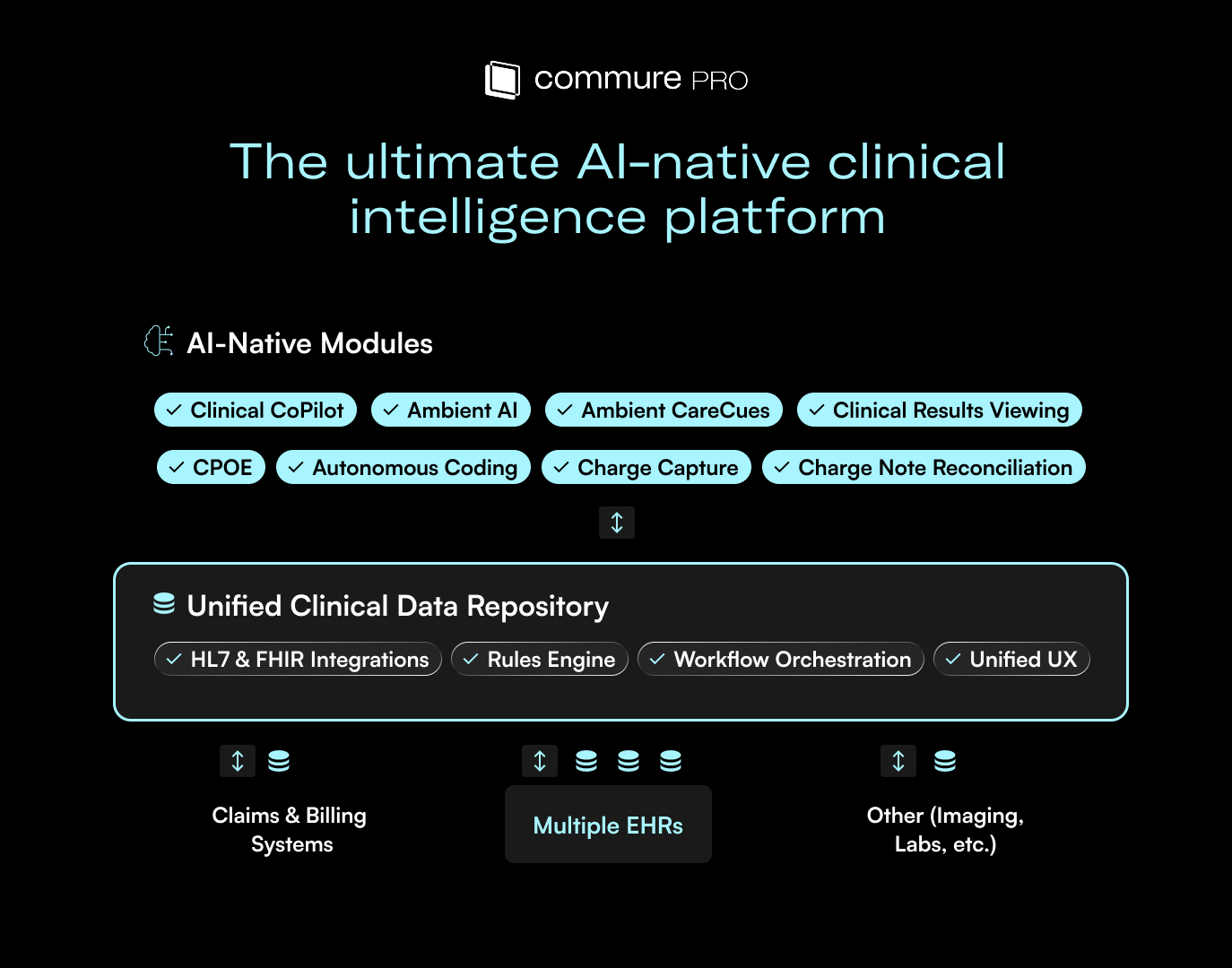



.avif)
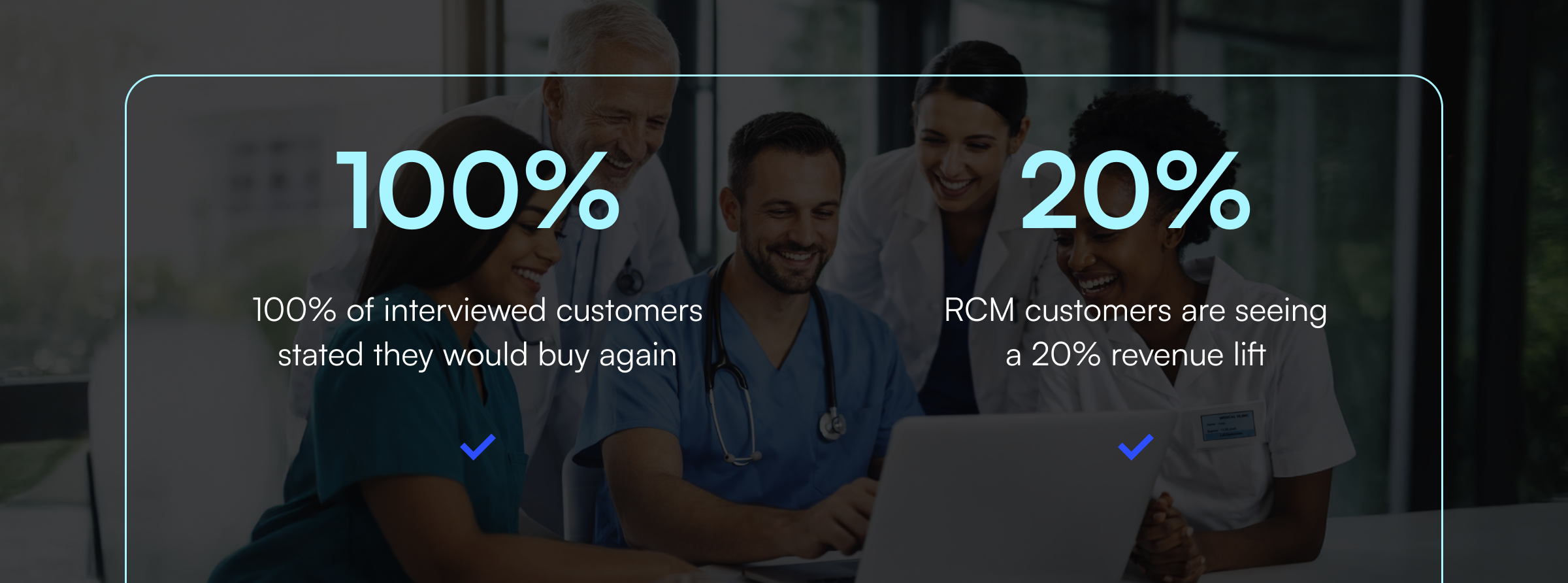
.png)
